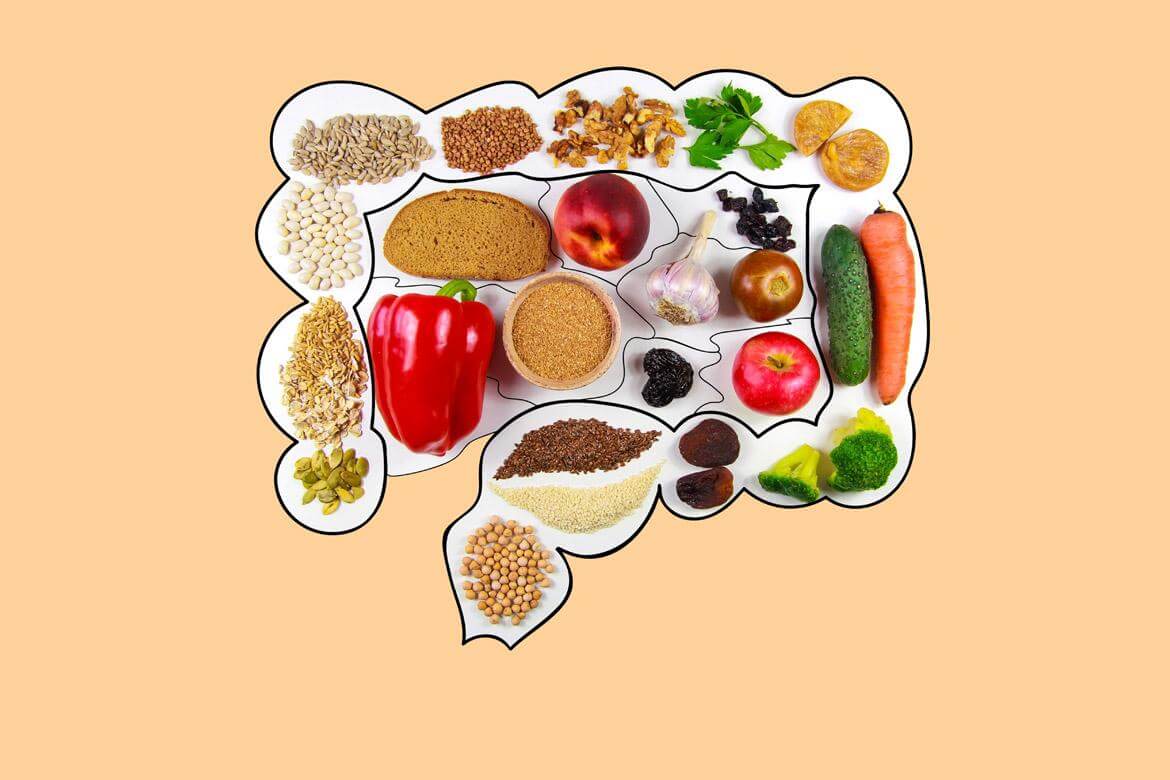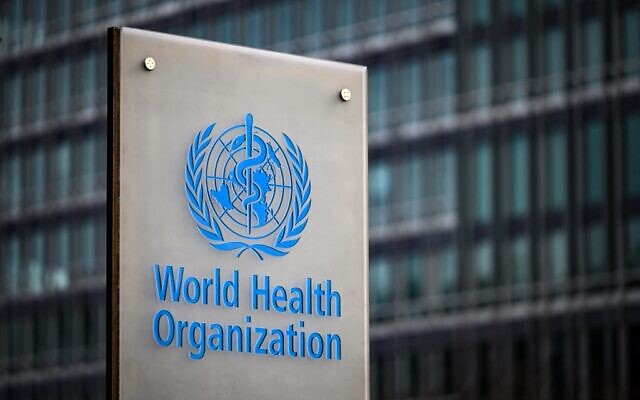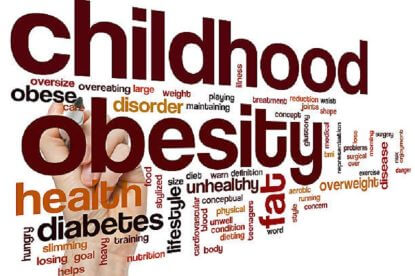Expert reveals why risk of heart attack in women increases after menopause
Thu 12 Jun 2025, 00:47:02

Heart disease was once considered a man's domain, but recent years have seen a sharp rise in heart attacks among women, making it a leading cause of untimely death. The risk escalates significantly after ages 45-55, coinciding with menopause. During this phase, declining oestrogen levels play a major role in increasing cardiovascular vulnerability.
Dr Udgeeth Dhir, Senior Director and Head of CTVS and Heart Transplant at Fortis Memorial Research Institute, Gurugram, says that oestrogen helps maintain healthy cholesterol levels, keep blood vessels flexible and reduce inflammation, which keeps the heart healthy and reduces the risk of diseases. But the lack of this hormone during menopause makes the arteries more susceptible to plaque formation, known as atherosclerosis.
How does oestrogen protect the heart?
. Oestrogen helps keep blood vessels flexible and blood pressure normal before menopause.
. Improves cholesterol balance by lowering LDL i.e. bad cholesterol, and increasing HDL i.e. good cholesterol.
. It works to protect the arteries by reducing inflammation.
. It also helps in speeding up metabolism and controlling blood sugar.
But after the age of menopause, these benefits gradually end as oestrogen levels fall. This leads to atherosclerosis, i.e., narrowing of arteries, high blood pressure and other heart-related problems.
The risk of these diseases increases after menopause
Actually, many changes take place in the body at the age of menopause. Due to which the risk of heart-related diseases also increases. Increasing bad cholesterol and decreasing good cholesterol in the body is dangerous. Blood
vessels become stiff due to high blood pressure and lack of oestrogen. Weight starts increasing, especially as obesity around the stomach increases the risk of heart diseases. At this age, sensitivity to insulin starts decreasing. Due to which the risk of diabetes increases. Due to increased inflammation, the risk of plaque formation in the arteries increases. All these reasons increase the risk of heart diseases.
vessels become stiff due to high blood pressure and lack of oestrogen. Weight starts increasing, especially as obesity around the stomach increases the risk of heart diseases. At this age, sensitivity to insulin starts decreasing. Due to which the risk of diabetes increases. Due to increased inflammation, the risk of plaque formation in the arteries increases. All these reasons increase the risk of heart diseases.
45 to 55 years are dangerous for women
Dr Neelam Suri, Senior Consultant, Robotic Surgery, Obstetrics and Gynaecology, Indraprastha Apollo Hospitals, says that when these changes occur at the same time, they create dangerous conditions for the heart. The problem of high blood pressure is most commonly seen in women after menopause. Diabetes, obesity, smoking and family heart history increase the risk.
Side effects of menopause
Many women also face problems like stress, anxiety or lack of sleep during this time. These further affect heart health. Symptoms of heart diseases in women can be fatigue, shortness of breath or nausea, and chest pain.
How to take care of the heart?
It is very important for women to monitor their heart health as they grow older. For this, get regular checkups, control blood pressure, monitor cholesterol, eat heart-healthy food, exercise regularly and stay away from stress. If any symptoms appear, consult a doctor without delay.
Disclaimer: Tips and suggestions mentioned in the article are for general information purposes only and should not be construed as professional medical advice. Always consult your doctor or a dietician before starting any fitness programme or making any changes to your diet.
No Comments For This Post, Be first to write a Comment.
Most viewed from Health
AIMIM News
Latest Urdu News
Most Viewed
May 26, 2020
Is it right to exclude Bangladesh from the T20 World Cup?
Latest Videos View All
Like Us
Home
About Us
Advertise With Us
All Polls
Epaper Archives
Privacy Policy
Contact Us
Download Etemaad App
© 2026 Etemaad Daily News, All Rights Reserved.

























.jpg)
.jpg)
.jpg)


